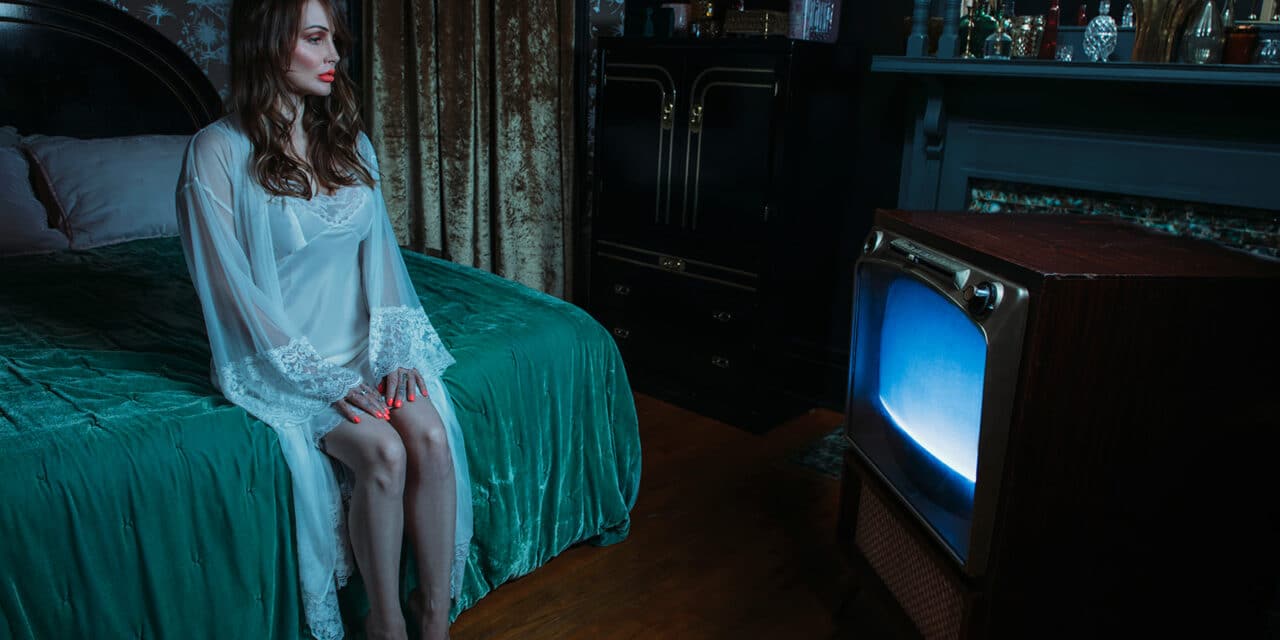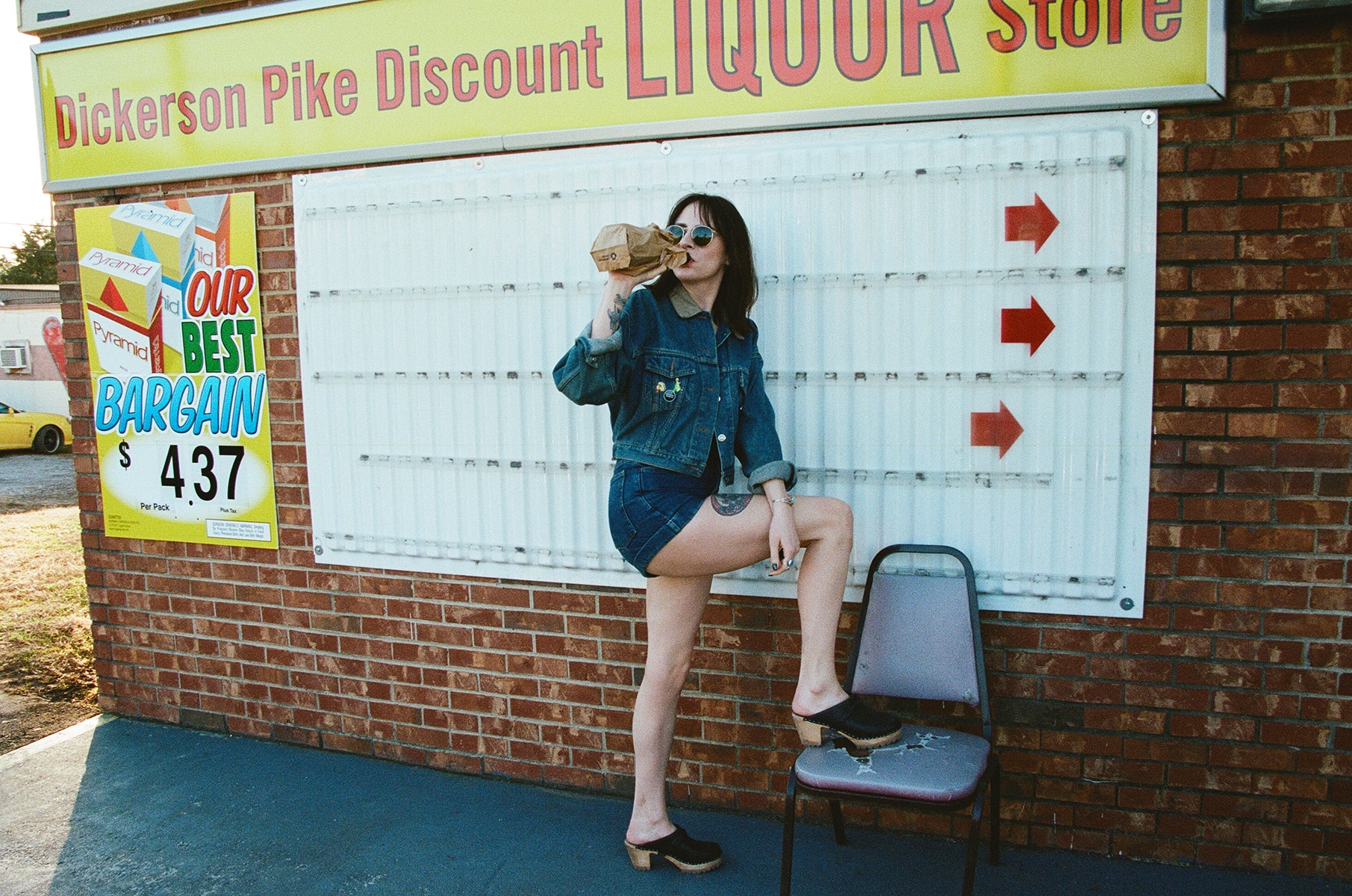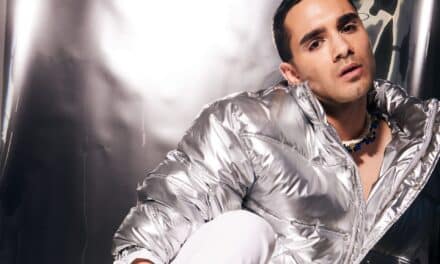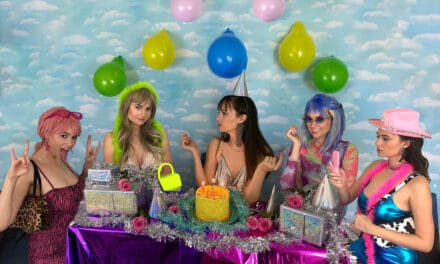TW: Mental illness, Depression
Trans Lifeline: 877-565-8860
Black Mental Health Alliance: 410-338-2642
National Suicide Prevention Lifeline: 1-800-273-8255
My thoughts on depression have changed since Nashville was a hit by a tornado, the COVID-19 pandemic started, and the George Floyd protests began.
Before these events, I would have made the argument that neurotypical people shouldn’t minimize mental health problems by claiming clinical terms like “depression” and “anxiety” instead of words like “sad” or “nervous,” thus taking space from those whose emotional well-being takes substantially more effort.
My snark is directed at privileged people who co-opt mental health language for undeserved sympathy.
Although part of me still feels that way, luckily I’ve had more compassion kick in. I’m also experiencing an intense period of mind opening and education.
It takes privilege to grow up in a community where mental health is afforded the attention it deserves. Systemic racism has kept marginalized communities from surviving let alone thrive.
The future is bleak. BIPOC and LGBTQ+ Americans are being murdered in the streets every day, particularly those who are both. Our country is a shit show, and even if you’ve never experienced mental health problems before, you probably are now.
I do not suffer from clinical depression or generalized anxiety disorder. But I am someone who experiences seasonal depression and periods of anxiety, deals with food and body image issues, sees a therapist, and regularly works on healing childhood trauma and substance use disorders through various 12 step programs. None of these facts make me an authority on mental health; in fact, they make me something far more sinister: an armchair expert.
Those of us who are more sensitive and emotional tend to be the same people who are also in touch with their creativity. There aren’t “creative types,” just people who are more in tune with that facet of themselves, and some who are objectively more talented or who have received more training than others. Professional training or a career in the arts is often another benefit of privilege.
Being a sensitive, creative person with “big emotions” (to borrow an expression I use with my toddler), I have to admit that the tornado, pandemic and protests have left me emotionally exhausted and creatively drained. Some days I grieve for small things, most days I grieve for the world at large.
Being depressed about the present and anxious about the future has not inspired me to write the Next Great American Novel. I’m donating what I can to organizations I believe in, reading as much as I can to learn about the best way to demonstrate allyship and anti-racism, and trying to maintain my mental health as best as possible in order to be of service to others.
I’ve channeled my nervous energy into painting the fence outside my house, which I complete in spurts of energy, followed by waves of exhaustion. Instead of writing, I’ve become another procrastibaker, with a failing sourdough starter I call Audrey, and three baby food jars of regrown scallions on my windowsill.
All of this comes from a place of privilege: I am not an “essential worker,” aka someone without the ability to work from home, I have a support network and a therapist, I have time and financial means to pursue various hobbies, and most importantly, if I’m being honest, I have always known about racial inequality but the awareness I currently have about the Black Lives Matter movement is new and raw.
Creative productivity is not a silver lining of sadness. The reality of being depressed feels like brain fog and extreme exhaustion.
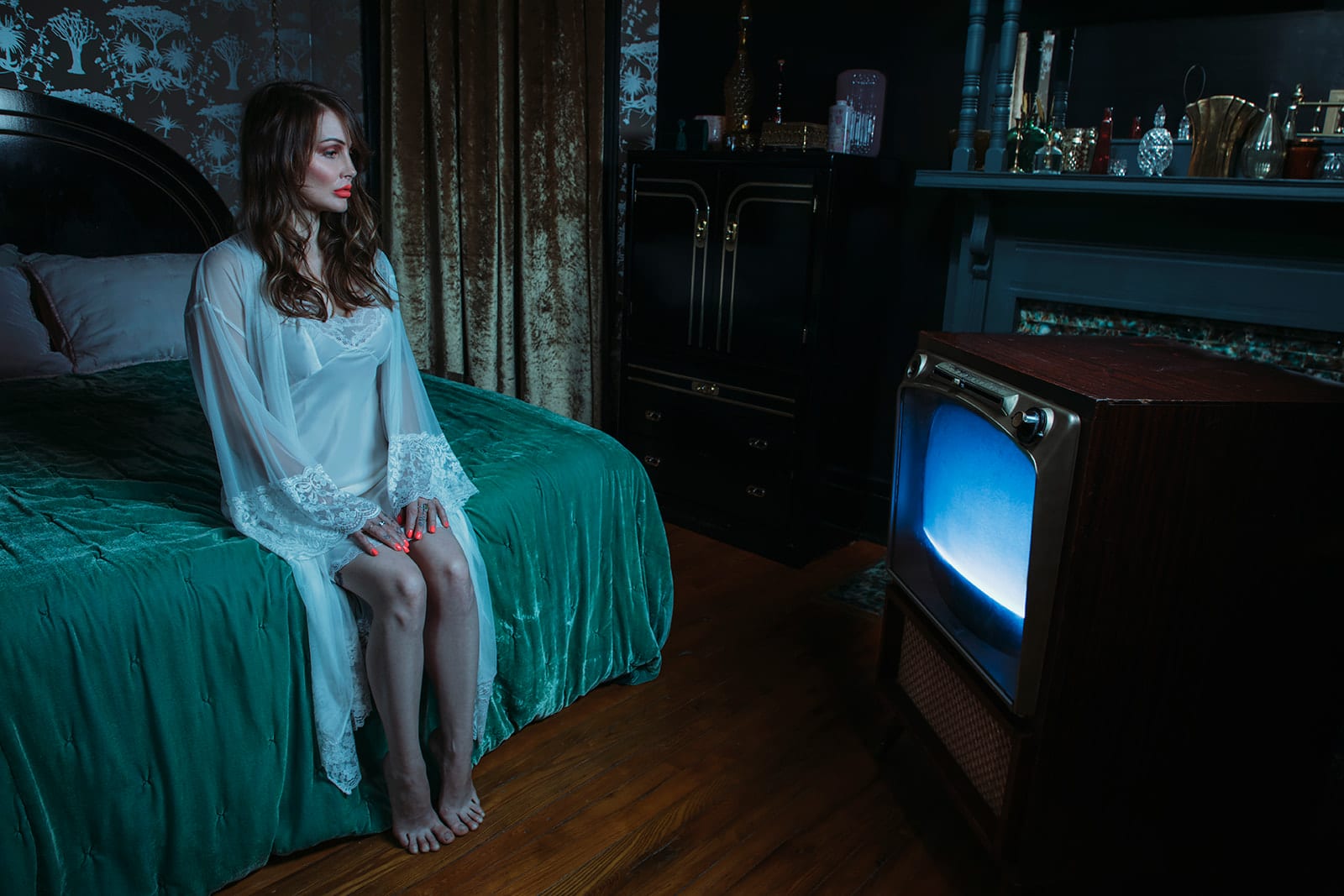
If sad people aren’t more creative, are creative people more sad?
Science actually demonstrates a correlation between creativity and mood disorders, according to a study in the peer-reviewed journal Dialogues in Clinical Neuroscience, authored by Nancy C. Andreasen, MD, PhD. However, the literature supporting the association is weak because of a lack of control groups, and more importantly, how can we accurately define “creativity” and “mood disorder?” Furthermore, the research was largely focused on writers and not on other types of artists.
There seems to be a causation/correlation perception issue with emotional suffering and great art. Making lemonade out of lemons is simply the magic of the enduring human spirit, not some special equation for great art.
I’m not the first person to think about how we romanticize mental illness.
“People label their sadness as depression and their nervousness as anxiety,” wrote Jinan Jennifer Jadayel, co-author of a 2017 study that tracked social media posts about mental health.
But blaming healthy people for mislabeling their feelings was a pre-Covid problem. Now that more than 166,000 people have died of coronavirus (as of August 13th, 2020, this number grows every time I’ve edited this piece), an estimated 40 million people lost their jobs, and we are battling a centuries long fight for the human rights of Black and LGBT+ Americans, our entire country is experiencing Traumatic Stress (minus non-mask-wearing, All Lives Matter idiots, who I can’t begin to psychoanalyze).
As mental illness becomes less stigmatized, media now shows depression and anxiety as chronic, treatable illnesses. For realistic media portrayals of mental illness, check out Crazy Ex Girlfriend, BoJack Horseman, or Tuca and Bertie (my personal favorite of the three).
I want to acknowledge that everything sucks right now, and it’s ok to feel like your world is caving in.
I’ve seen firsthand the struggles of friends who battle suicidal ideation and have been hospitalized. Which is why I want to say that if you’re lucky enough to have a brain that produces the right amounts of dopamine and serotonin, you’re lucky enough.
There are a lot of compounding factors fucking us up right now. So if the label “depressed” fits, your pain entitles you to it.

